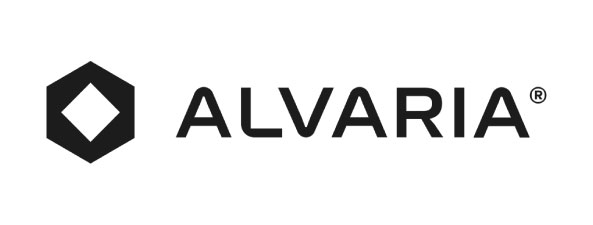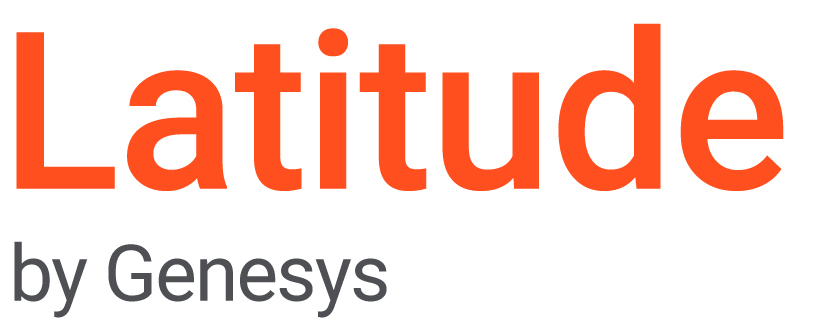Offering debt payment advice on social media can strengthen client relationships, improve transparency, and build a positive agency reputation. However, providing financial advice in this way also has its challenges, including navigating compliance regulations and balancing content for diverse audiences.
Why Offer Debt Payment Advice on Social Media?
Social media has become a valuable resource for many different generations seeking financial advice. A report from Accounts Recovery highlights how platforms like Instagram, Twitter, and TikTok are popular sources of financial information, especially among Gen Z and Millennials. Given this shift, collection agencies can reach these audiences on social media and help consumers make informed decisions about debt repayment, budgeting, and financial wellness.
For collection agencies, providing educational content on social media can help demystify the debt payment process. It can create an environment of trust where customers feel comfortable seeking assistance rather than avoiding it. This proactive approach to financial advice can also improve overall customer engagement and loyalty, as individuals appreciate agencies that provide value beyond traditional debt collection.
Pros of Offering Debt Payment Advice on Social Media
One of the main benefits of offering debt payment advice on social media is increased accessibility. By providing educational content on popular platforms, collection agencies can reach consumers who may not engage with traditional financial advice. Younger generations, in particular, are more likely to engage with content that is quick, easy to understand, and accessible from their preferred social media platforms.
Another advantage is the opportunity to showcase the collection agency’s dedication to consumer education. When agencies regularly provide useful information, they establish themselves as trusted resources, potentially improving their reputation. For instance, by sharing advice on managing repayment plans or avoiding common debt pitfalls, agencies can show they are committed to consumer well-being.
Social media allows for interactive communication. Agencies can respond to comments or messages, answer frequently asked questions, and direct individuals to additional resources. This interaction can strengthen client relationships and reinforce the agency’s role as a supportive partner in managing financial obligations.
Cons of Offering Debt Payment Advice on Social Media
Despite the benefits, there are also challenges to providing debt payment advice on social media. Collection agencies operate within strict regulatory frameworks, such as the Fair Debt Collection Practices Act (FDCPA) and the Consumer Financial Protection Bureau (CFPB) guidelines. Agencies must be cautious not to cross regulatory boundaries when offering financial advice online. Any content shared must be accurate, transparent, and compliant with industry standards to avoid legal repercussions.
Another risk is the potential for misinterpretation. Social media posts are often short and may lack the full context needed for complex financial topics. Without detailed explanations, consumers might misunderstand advice or apply it incorrectly to their unique financial situations. Social media platforms are also public, so sensitive information could be inadvertently disclosed if not handled carefully.
Agencies should also be aware of the potential backlash from using social media to discuss debt. Some individuals might feel uncomfortable seeing debt-related content in their feeds, which could impact their perception of the agency. Balancing educational content with sensitivity and discretion is key to minimizing any negative impact.
Compliance Considerations for Debt Payment Advice on Social Media
To remain compliant, collection agencies should avoid giving specific financial advice or making promises regarding debt repayment outcomes, as these can easily cross into regulated territory. Instead, agencies should focus on general advice, such as budgeting tips or explanations of common debt terms, which can be universally applied.
Regularly review content before publishing. Collection agencies should ensure all social media posts go through a compliance check, ensuring they align with FDCPA and CFPB guidelines. Additionally, agencies should provide disclaimers on posts, clearly stating that social media content is for informational purposes only and not intended as professional financial advice.
Using private channels, such as direct messages, should also be handled with caution. Collection agencies should avoid discussing specific debts or sensitive information through these channels, as this could violate privacy standards. Instead, agencies can use social media to direct consumers to secure communication methods for personal inquiries.
Best Practices for Providing Debt Payment Advice on Social Media
For agencies looking to provide debt payment advice on social media, several best practices exist. First, content should be crafted with a consumer-friendly tone. Using approachable language and clear explanations can make debt-related topics feel less intimidating. This approach also builds rapport, making consumers more likely to trust the agency’s advice.
Agencies should also prioritize educational content. Focus on offering insights that consumers can apply to their financial situations, such as tips for managing monthly payments, understanding interest rates, or creating a budget. Educational content helps build a supportive brand image without coming across as pushy or sales-driven.
Finally, collection agencies can encourage interaction by inviting consumers to ask questions or share their own experiences. This engagement can lead to valuable insights into what consumers want to know, which can shape future content. Regularly updating content based on trends and consumer needs will keep the agency’s social media presence relevant and useful.
Is Debt Payment Advice on Social Media Right for Your Agency?
Social media provides a unique opportunity for agencies to go beyond collections and support consumers in their journey to financial wellness. When done thoughtfully and with a focus on compliance, social media can be a powerful tool in a collection agency’s strategy to create positive consumer relationships and encourage responsible financial behavior.







